Current Sponsors
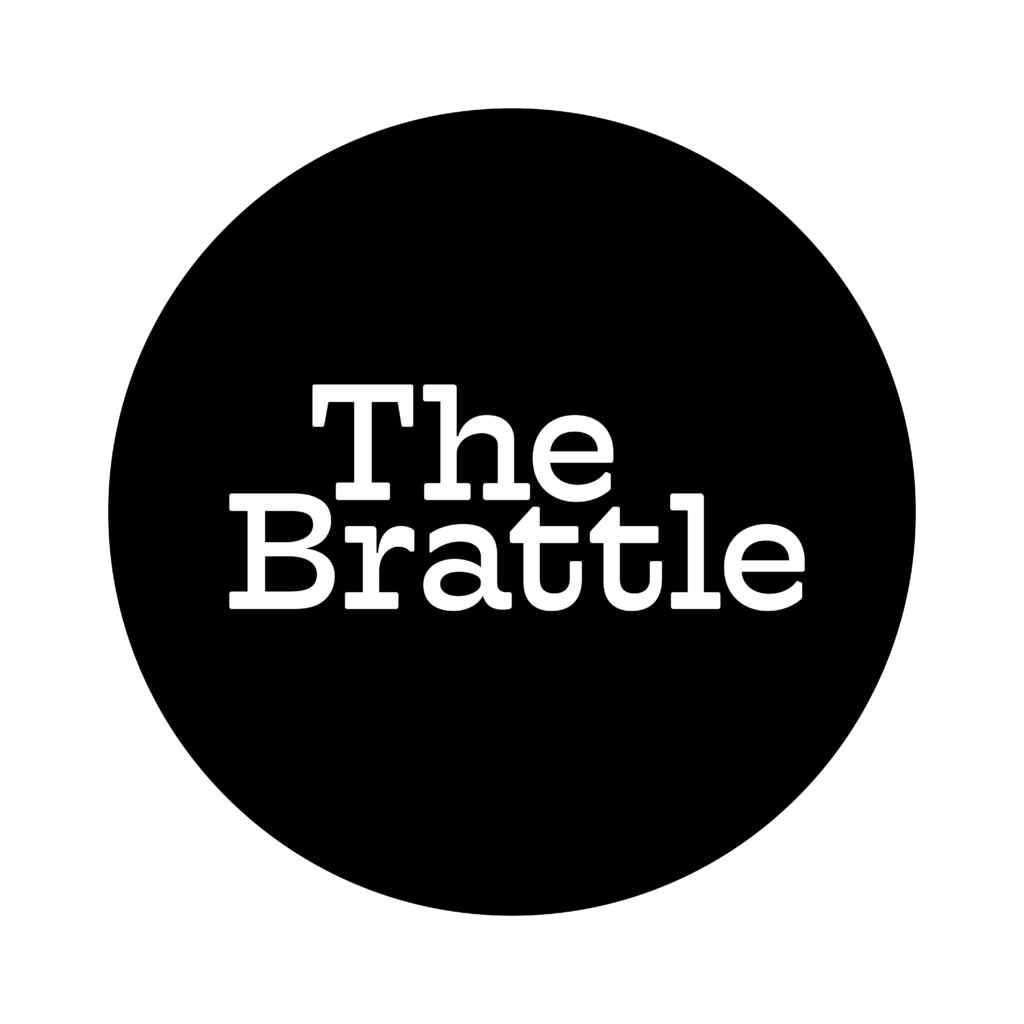
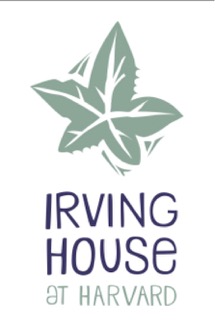
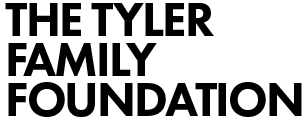
Founding Sponsors
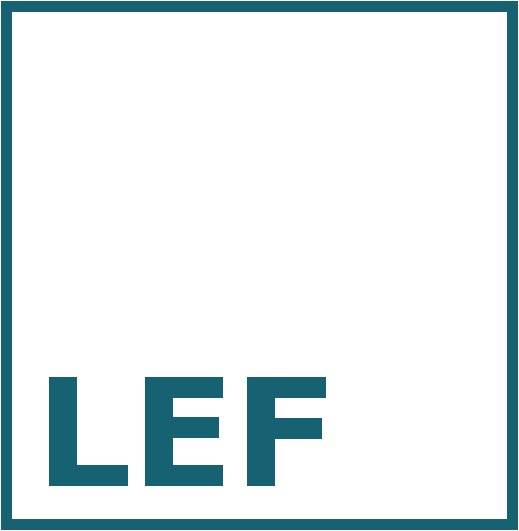
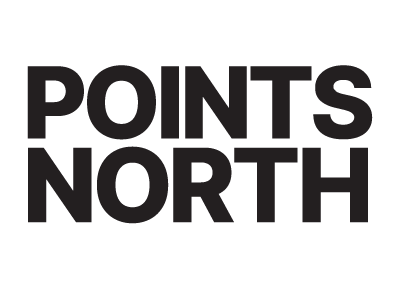
Date: Monday, October 24, 2016
Time: 7PM
Location: Brattle Theatre, Cambridge, MA
Director: Anna Roussillon
Film Details: 111 min, 2014, France, in Arabic with English subtitles, color, digital file
Film Website | Facebook Event | Tickets
Director Anna Roussillon will attend in person for Q&A moderated by Ilisa Barbash, documentary filmmaker and Museum Curator at the Harvard Peabody Museum of Archaeology and Ethnology.
Presented in partnership by The DocYard, the Peabody Museum of Archaeology and Ethnology at Harvard University, Documentary Educational Resources, the Center for Middle Eastern Studies at Harvard University, and the Film Study Center at Harvard University.
Winner of the first John Marshall Award for Contemporary Ethnographic Media at the 2015 Camden International Film Festival
Synopsis:
As the Egyptian people rise up in Tahrir Square, a rural community in the Nile valley follows the revolution on TV, radio and in the newspapers. Intimately shot over the three year period from the overthrow of Mubarak to the fall of Morsi, we are shown an alternate view of the revolution through the eyes of Farraj, his family, and friends as they make sense of and debate national politics.
Through the experiences and voices of a community in the periphery, I Am the People presents a complex picture of the struggle for democracy in Egypt.
“In this first feature, Anna Roussillon, a French citizen raised in Egypt, offers an important counterpoint to the spectacular images captured in Tahrir Square. In January 2011, when ten of thousands of demonstrators took to Cairo’s streets, the director started filming her friend Farraj and his family, peasants in the Luxor Valley. For two years, their television screens allowed them to follow the country’s political upheavals, as it experienced an alternately enthusiastic and painful experiment with democracy. With wit, empathy and a powerful rapport with her subjects, the director makes us feel their hopes and disappointments. A superb lesson in humanity.” — Charlotte Selb, RIDM
http://vimeo.com/
“Rarely seen a sweeter exchange between filmmaker and subject” — Filmmaker Magazine
“A beautiful and invaluable glimpse into the Egyptian people” — VOX Magazine
Filmmaker Bio:
Anna Roussillon (b. 1980, Lebanon) spent her childhood in Cairo and later moved to France, where she studied Philosophy, Arab culture and documentary. At present she is working as an Arabist in Lyon, while she is also working on a variety of Egypt-related film projects. JE SUIS LE PEUPLE, her debut, won the major prizes at the Jihlava International Documentary Film Festival and the Belfort International Film Festival EntreVues.
DOCYARD FALL SHORTS PROGRAMMING
This fall, The DocYard is collaborating with The GroundTruth Project, an innovative non-profit media organization based at WGBH, to feature a collection of shorts from its filmmakers and fellows. The GroundTruth Project’s mission is to inspire, train and support new generations of international correspondents and documentarians who can tell stories of social justice including human rights, freedom of expression, emerging democracies, climate change and the environment, religious affairs and global health. GroundTruth Films Director Beth Murphy will curate three shorts to share with DocYard audiences. Look for them on October 24, November 21 and December 5.
Ahead of tonight’s feature screening, the DocYard is pleased to present the short film “A Syrian Refugee’s Journey to a New Life” by GroundTruth Project Fellows Oscar Durand and Elie Gardner.
Short Film Description: After realizing there was no end in sight to civil war destroying his country, Ziad Al-Taha fled Syria. In this short film, GroundTruth Fellow Oscar Durand follows Ziad as he travels with friends through Europe in an effort to reach Norway. Despite the hostility and discrimination Ziad faces along the way, he refuses to be discouraged. “I understand the public’s fears: They’re afraid for their economy, for their security, for the change in their culture,” he says. “But is this more important than saving a human life?”






The DocYard is an award-winning film and discussion series at the Brattle Theatre in Cambridge, and which also sponsors special screenings and co-presentations throughout the year. Each screening is a new experience as we connect audiences directly with filmmakers exploring the documentary form through insightful post-screening discussions.